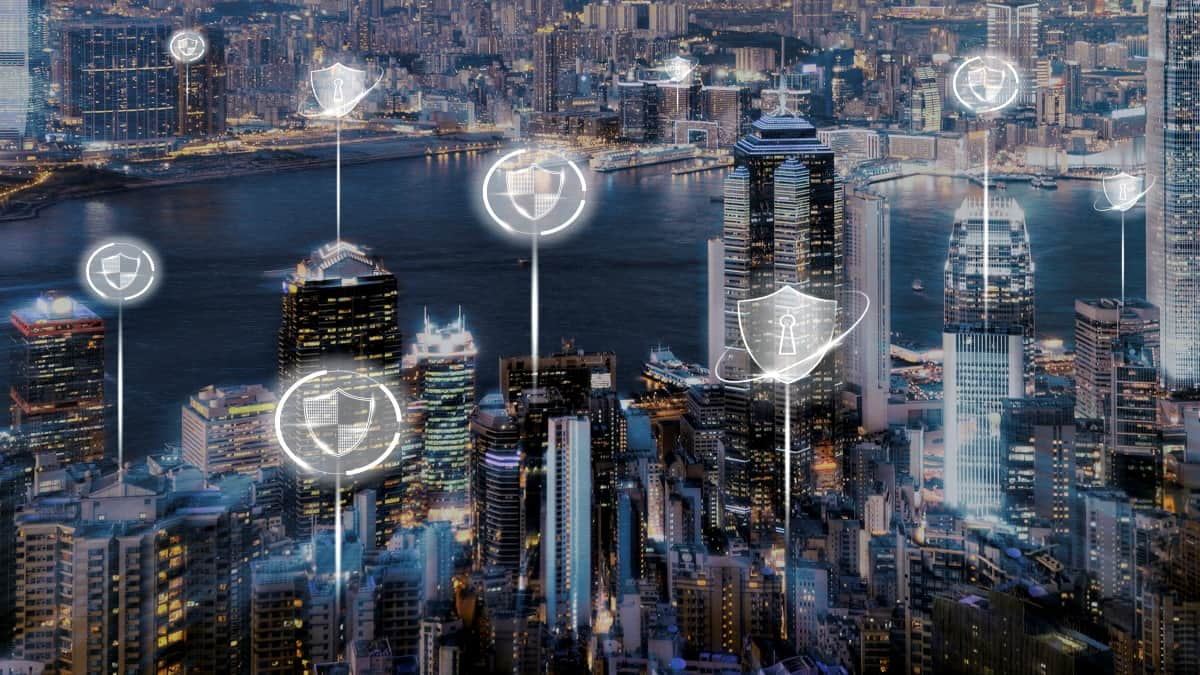A VPN has become an essential tool for those looking to enhance their online privacy and improve the security of their devices. In today’s age, it’s incredibly rare not to use our devices to connect to the internet. The web provides us with the ability to do almost anything, whether it be obtaining forms of entertainment, shopping online, or for educational purposes.
It’s also become a way in which many work, allowing many to work from home as they can connect to a network and do the roles their job description requires of them. However, as we continue to use the web, the need to remain secure has been emphasized.
Cybersecurity has become extremely important, especially for those handling sensitive data. Hackers will look to exploit vulnerabilities within security networks because of the information or funds that could be acquired. They may use it for their gains, whether financially or for other reasons. As a result, it has become a requirement for some firms to ensure their employees (remote or on their networks) use the best proxy server and VPN tools to protect themselves at all times.
What benefits does using a VPN provide remote workers and promote safety?
A VPN can be extremely useful for employees using the internet for their work, whether in an office on a network connection or when working remotely. Sometimes, they may have to connect to an intranet, which may require a VPN to access and ensure they have a secure network connection that can’t be penetrated.
Most will recognize or understand what a VPN can accomplish. At a basic level, many will associate it with being able to hide/mask the IP address being used, thus allowing them to access content being blocked in a certain location.
However, they offer so much, such as encryption technologies. In addition to masking the IP address, it will encrypt all of the data being used and traveling to and from your device when using the internet, creating an additional layer of security on top. Among the many advantages available, a VPN can:
- Encrypt all data: As noted, all data transferred from a used device to the internet (and vice versa) is encrypted. This makes the tool extremely secure.
- The device is protected fully: A VPN will provide overall protection across the entire device. This can be better as it will leave any potential security vulnerabilities that may be unknown unbreachable.
- Anonymity: VPNs hide your IP address, making it harder to track your online activities. This can add a level of security to an individual who is looking to keep their information private.
How should a VPN be used safely?
Using a VPN today is a very simple task. Almost anyone can do so without guidance. Those who do need a little guidance (perhaps because they aren’t familiar with the tool) can also use them effectively with a helping hand.
Several key points should be thought of and followed to ensure the best and maximum protections are in place:
- Using a reliable and reputable service: Many VPNs are available. As security is a priority, it can be a very good idea to take a look at each one’s security features and compare them. Reading reviews and using those that have a positive reputation with other users should be considered. These can be trusted more so than other options that might be available.
- Installing it correctly: To ensure security, it’s important to install the tool correctly and ensure it works as designed. It is highly advisable to connect to a location as soon as you start web browsing, and it is also beneficial to connect the application to every device on the network; this can eliminate any potential vulnerabilities that skilled hackers may be able to exploit.
- Update regularly: As technology continues to evolve, it’s important to try to stay ahead at all times. Security firms can often provide updates as they tackle cybersecurity threats. VPNs may occasionally require updating, as hackers often look to bypass or expose weak links within the connections. By updating regularly, you can keep them at bay.
Companies that deal with sensitive data and have a team of remote workers may already have VPN policies because of the nature of the information they handle. If they don’t already, they should look to introduce them to give themselves the best chance of ensuring everyone is on the same page and can reduce any possible threat that may exist. At the same time, offering training and guidance on using one can also limit the potential chances of misuse or incorrect use.
Staying safe is of the utmost importance, and with cybercrime continuing to rise as technology becomes more advanced, VPNs can be a company’s best friend.
Featured Image Via: Rawpixel/Freepik









